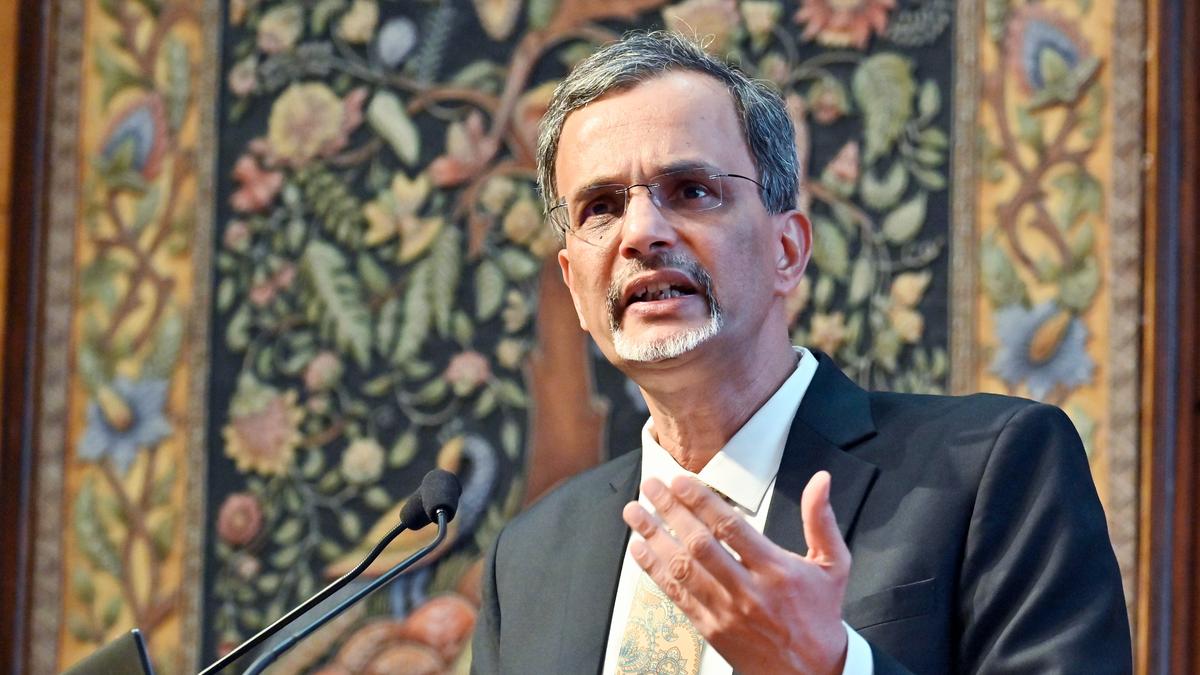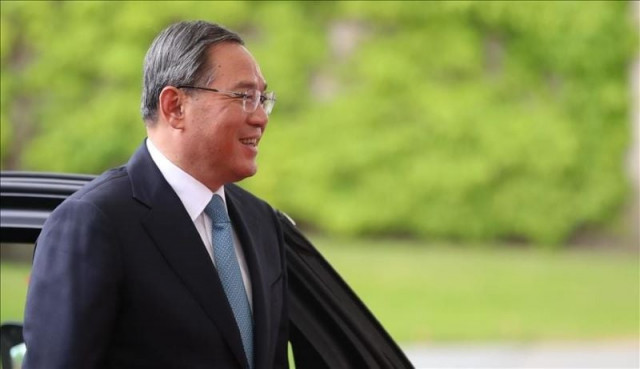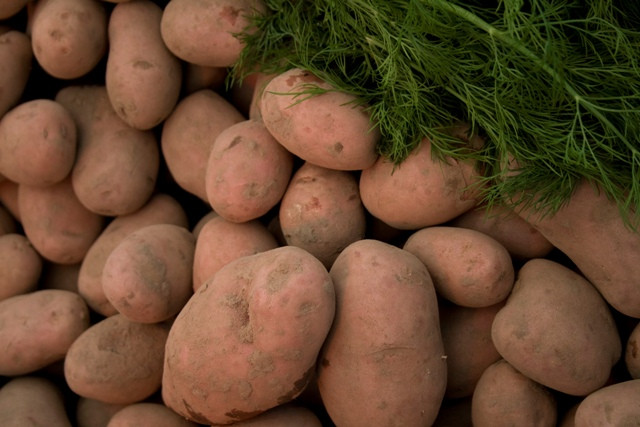V. Anantha Nageswaran
| Photo Credit: ANI
Chief Economic Advisor (CEA) V. Anantha Nageswaran on Tuesday said industry has to invest and focus on becoming more competitive.
He was responding to a question on addressing export gaps in the light of the recent tariffs imposed by the U.S.
Speaking at Delhi University’s P.G.D.A.V College, the CEA elaborated, “If you are competitive, your margin is better [then] you would be able to absorb some of the cost [by] yourself.”
Mr. Nageswaran specifically pointed to how the domestic pharmaceuticals industry coped with the Trade-Related Aspects of Intellectual Property Rights (TRIPS) agreement of 1995-96 by boosting investments in research and development (R&D) thereby becoming competitive. For context, when India joined the WTO in 1995 and became a party to TRIPS pact, the patenting regime then did not prompt enthusiasm among the generic drug industry back home over concerns of affordability.
Diversification, continuing talks
Dr. Nageswaran observed there has been a “near-term impact” on India’s export growth, particularly with U.S., because of the tariff regime. The CEA held the ongoing negotiations with Washington and diversification of export markets as potential ways to address the evolving tariff regime. With respect to negotiations with the U.S., the CEA said, “I am hoping it will result in something favourable [for India] very quickly.”
Stressing upon the imperative for diversification, he said the Indian government has struck “enough” trade agreements with other regions, such as the U.K. and Australia, and is also looking to negotiate more such agreements with European Union and the Gulf countries. He added the government was also according short-term relief measures for exporters to help deal with cash-flow challenges.
“These are not likely to give you immediate answers next day or next week,” he said, adding, “We need to use this opportunity to do some of these things so the next time we are not impacted as much as we are this time.”
No thaw in sight
New Delhi’s purchase of Russian oil has been the biggest point of contention for a favourable trade deal with the U.S. Earlier this year, Washington placed a 50% tariff rate on India, inclusive of 25% penalty, for purchasing Russian oil, whilst seeking to address Moscow’s actions in Ukraine. India has been steadfast in maintaining the discounted Russian oil being imperative for energy security.
Published – November 04, 2025 07:53 pm IST






